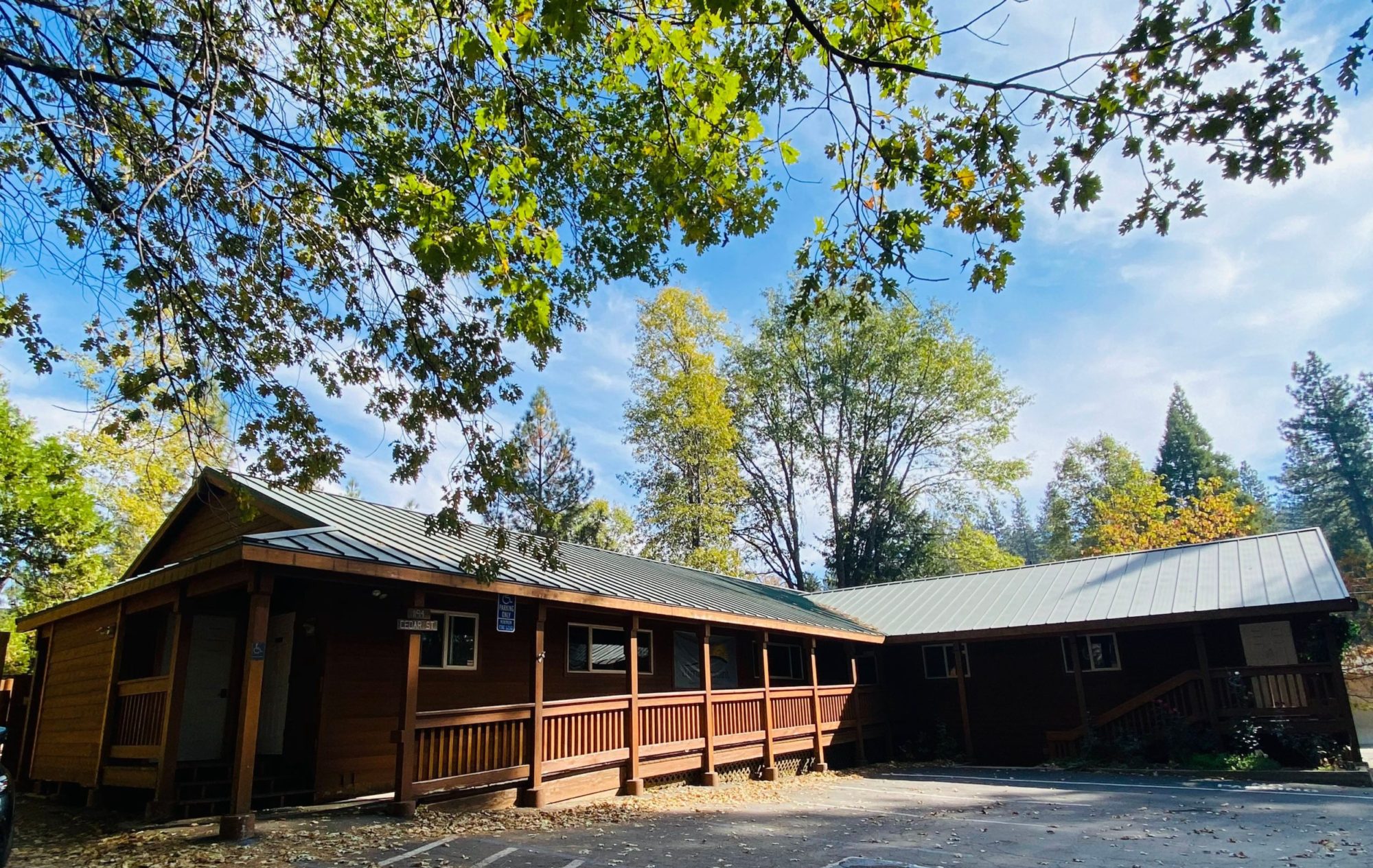If you’ve ever been to Arnold, California, or the nearby cities of Sacramento, Stockton, or Modesto, then you know the area has a lot to offer in terms of beautiful landscapes. These scenic landscapes provide the perfect backdrop for recovery, as individuals who are working to overcome addiction can spend time outdoors engaged in many different types of outdoor therapy. Here is a brief look at the benefits of outdoor therapy—and how exactly outdoor therapy works to strengthen recovery.
Challenges that inspire growth
The outdoors offer a variety of natural challenges that can inspire growth and progress in your recovery from addiction. Rock climbing, for example, presents a unique set of physical challenges that may very well represent your recovery. When climbing, you must seek out the surest footing for your feet, and you must sometimes reach outside of your comfort zone to progress up the wall. So, too, with your recovery—you must build a strong foundation for your path to recovery, and you must sometimes step outside of your comfort zone in order to progress. Whether you are climbing, hiking, or white water rafting, you can always find instances of physical challenges that represent the psychological and emotional challenges you face in recovery. And as you overcome these physical challenges in nature, you can gain more confidence in your own recovery from addiction.
Opportunities to work together
Many outdoor activities, such as kayaking, white water rafting, and rock climbing, rely on teamwork and cooperation. This helps individuals in recovery foster stronger team building skills, and ultimately it can help them work together to accomplish their goals. Individuals can learn how to be part of a larger support system, which is a vital aspect in any recovery.
Stronger psychological health
Research has shown that spending time outdoors offers many psychological benefits. One 2012 study, for example, showed that proximity to greenspace is associated with lower levels of stress and reduced symptoms of depression and anxiety. Another study found that spending time in nature can lower your heart rate and cortisol (stress hormone) levels. Spending time in nature can also improve your concentration, promote sharper thinking, and strengthen the immune system.
While these psychological benefits are a great thing for everyone, they are especially great for those who are recovering from addiction. Stronger psychological health can help you better overcome the mental and emotional obstacles of recovery. And for those who struggle with a co-occurring mental disorder alongside addiction, they may see reduced symptoms, helping reduce the likelihood of relapse.


